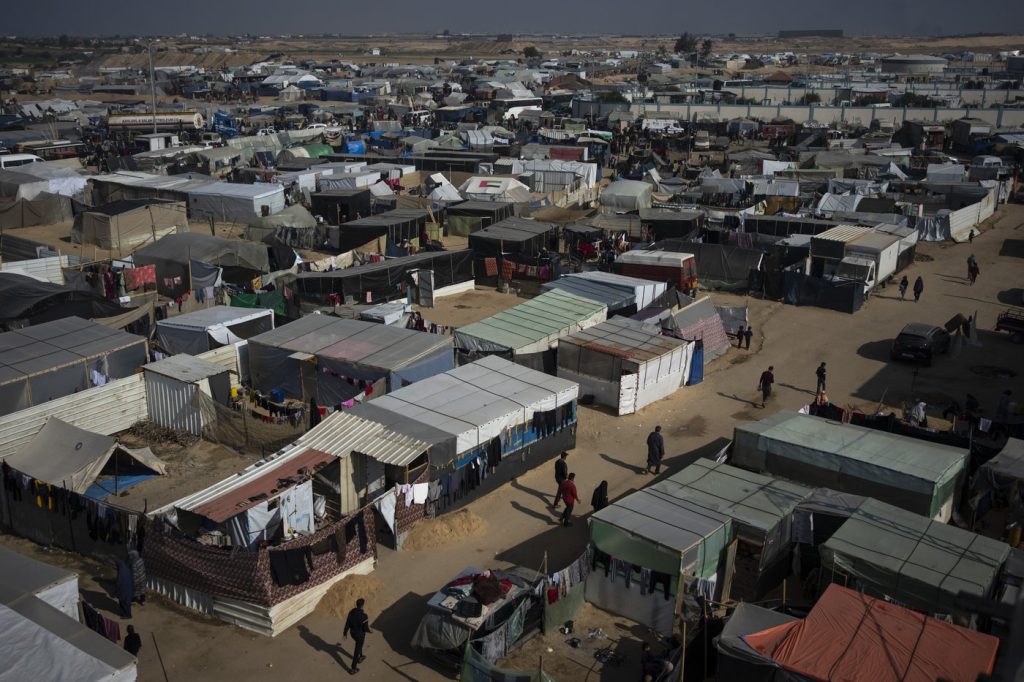NDP, Liberals strike deal to cover cost of diabetes medicines, birth control ahead of March deadline

Posted Feb 23, 2024 03:36:26 PM.
Last Updated Feb 23, 2024 06:08:32 PM.
The federal Liberals and New Democrats have reached a deal that would allow every Canadian with a health card to access free diabetes medication and birth control, the NDP confirmed Friday.
The coverage is to be included in the first piece of a national pharmacare program, with legislation expected to be introduced in the House of Commons next week.
It’s a critical piece of the supply-and-confidence pact between the two parties, in which the NDP agreed to support the Liberals on key votes in the Commons in exchange for movement on shared priorities.
“This is a historic big step towards universal pharmacare for all. We were able to secure, not just legislation, but a commitment to cover two drugs,” NDP Leader Jagmeet Singh tells CityNews.
Singh threatened in recent weeks to pull out of the deal if the Liberals didn’t agree to certain terms by a March 1 deadline.
A spokesperson for the NDP confirmed the pharmacare deal on Friday and said some final details could still be worked out over the weekend.
The deal includes all insulin for Type 1 and Type 2 diabetes, the spokesperson said, as well as additional diabetes drugs and a fund for supplies such as devices for glucose monitoring.
It will not cover Ozempic, a new drug for diabetes that has been used off-label as a weight-loss drug.
The government is also expected to fully cover contraceptives in line with what British Columbia covers. That includes IUDs and emergency contraception, most commonly known as morning-after pills.
Ontario also provides many contraceptives for people under the age of 25 who don’t have private insurance. Manitoba’s government has already pledged to do so as well.
Abortion pills, which are different than morning-after pills, are already offered for free at pharmacies across Canada.
The New Democrats said contraception coverage will help millions of women and gender-diverse people.
In recent months, both Singh and Prime Minister Justin Trudeau have spoken out against a backsliding of abortion access around the world, including in the United States.
Last week, Singh said it was important to include coverage for contraceptives in order to protect a woman’s right to choose.
The NDP said the coverage for diabetes medicines and the fund for medical equipment will help families who have children and parents with the chronic disease.
“This is the furthest we’ve gone on pharmacare since the Liberals promised to do so 30 years ago and have broken that promise for decades,” said Singh.
The two parties had initially agreed to pass a pharmacare bill by the end of 2023.
But in December, both parties agreed to add negotiating time, pinning March 1 as a deadline for the government to table legislation.
The broad strokes of a deal were in place early last week, but the parties were still in talks about which drugs would be covered in the first go around of a national single-payer program.
As of Thursday night, the parties had agreed to include birth control and diabetes medications, said a source close to the talks, and the only outstanding issue at the negotiating table was what type of diabetes supplies should be covered.
Liberals made it clear they had about $800 million to spend for an initial program, said the source, who was granted anonymity because they aren’t authorized to speak publicly about the details of the closed talks.
The source said that in addition to contraceptives, the parties considered whether to cover antibiotics, cholesterol medicines, blood pressure medication and psychological medications such as antidepressants.
Liberals had previously cited concerns about the potential costs of pharmacare, even as the NDP pushed for the program to include more right off the bat.
If the federal government moves towards fully implementing national pharmacare, that wider program is expected to cost roughly $40 billion a year.








